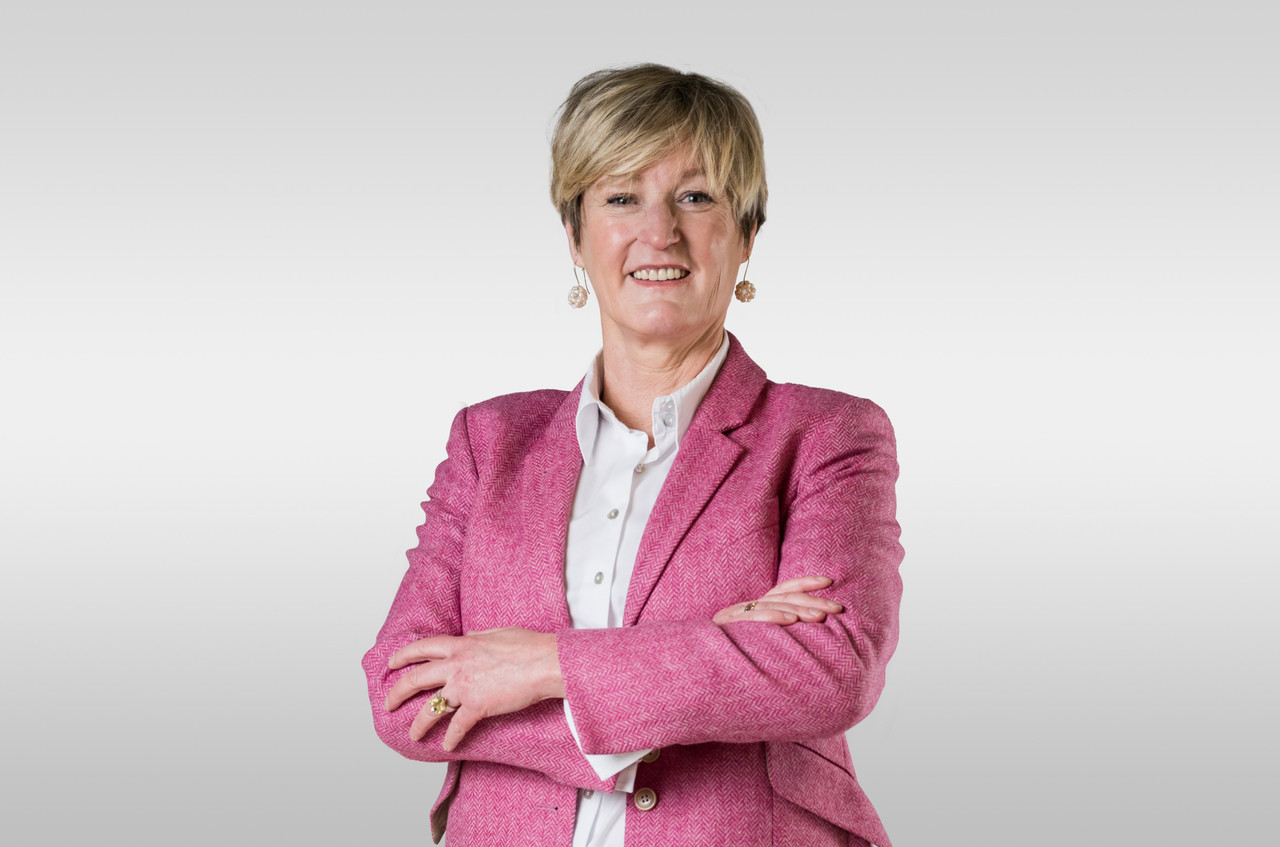Marc Fassone: What is the role of the Benelux Parliamentary Assembly?
: The purpose of this consultative assembly is to make recommendations of general interest to governments. It focuses on problems that directly concern the citizens of the three countries. Everyday problems for which it seeks concrete and pragmatic solutions.
Does it really have an influence?
Yes, the Treaty on the Recognition of Qualifications of 1 May 2024, which allows automatic recognition of higher education qualifications, is a concrete example of a recommendation that has become a regulation. We do not have the power to initiate legislation, but we work effectively with the Benelux executive and national governments.
With the proliferation of institutions at European level, doesn’t it go unnoticed? Just like the Benelux countries, in fact?
Perhaps. The slowness and lack of visibility of the Benelux countries are things that strike me and make me sad. A lot of people don’t realise that the Benelux region is a laboratory and a project that is much more integrated than the European Union on many issues.
Why is holding the presidency of this assembly important for Luxembourg?
This year, Luxembourg jointly holds the presidency of the Parliamentary Assembly and, for one year, the presidency of the EU executive. This exceptional configuration will enable us to play a central role in defining the union’s political priorities over the next few years. The Dutch presidency, which is drawing to a close, has emphasised cooperation with the United Kingdom. Luxembourg will be focusing on the smooth operation of the Schengen agreements, as well as on ways of working more closely with the authorities in the Greater Region.
What issues do you want to put on the agenda for the next two years?
Next March, at our plenary session, we’ll be talking about artificial intelligence and ways of getting the clusters in the three countries to work together. Encouraging collaboration between member countries is a central element of our action. And even beyond. We work regularly with the Baltic states and the Nordic Council, who are always present at our plenary sessions. Incidentally, on the issue of the recognition of diplomas, the Baltic countries were inspired by the treaty of 1 May 2024.
What will be the other highlights of your presidency in 2025?
We will be looking at energy policy and the fight against crime, always keeping in mind cross-border cooperation. The last plenary session of the year will be devoted to gender equality.
Is there a subject that is particularly close to your heart?
Yes, the issue of the recognition of professional qualifications is very important to me. I hope that we’ll be able to make a recommendation on the subject soon.
This article was written in for the magazine, published on 29 January. The magazine content is produced exclusively for the magazine. It is published on the website as a contribution to the complete Paperjam archive. .
Is your company a member of the Paperjam Club? You can request a subscription in your name. Let us know via
